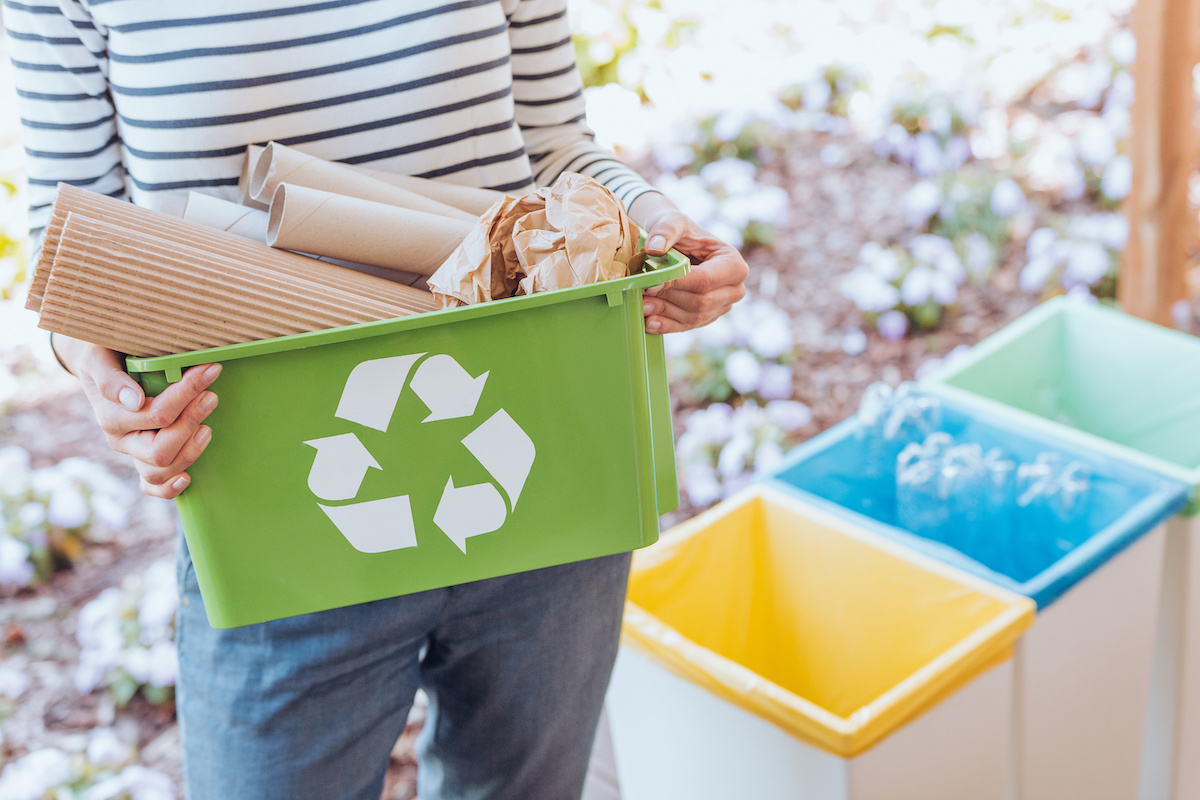A responsible and sustainable economy requires entrepreneurs to make a concerted effort to meet the increasing demands not only from conscious customers but also from the law. One might consider this as throwing hurdles in front of businesses. However, what might be seen as a constraint by some is, for others, an opportunity for development. This is precisely what bioplastics and plastics granules derived from recycling represent.

One might think that all plastics are derived from the refining of crude oil. However, this is not the case, as the industry has long developed solutions for producing bioplastics from agricultural production waste. Starch from corn, sugar beets, potatoes, or reeds can serve as a raw material. The key to success is lactic fermentation. The granulate obtained in this way can then be molded into any shape using presses. Most importantly, bioplastic completely decomposes in the environment due to the action of bacteria and fungi. It can be safely composted and disposed of in organic waste containers.
Another solution for managing seemingly unnecessary waste is the production of WPC granules, which stands for wood-plastic composite. These are scraps and waste from wood or furniture production, coffee husks, or hemp, mixed with recycled plastics. Thanks to this approach, leftovers from chipboard production, for example, are utilized. This material can later be used like any other plastic. It’s used for making catering trays, disposable cutlery, plant pots and covers, decorative elements, and even handles or grips for tools in the construction and gardening industry.
WPC granules have another advantage over common plastics – they can be easily recycled and reintroduced into the production cycle as raw materials for making various everyday items. However, even if this does not happen, storing them does not harm the environment. WPC granules are environmentally friendly and biodegradable. If they contain bioplastic or thermoplastic starch as one of their components, they can transform into entirely natural compost.
It’s worth noting that the European Commission recently proposed new EU-wide regulations on packaging. The production and later disposal of packaging pose a significant burden on the environment. The EC’s proposal aims to increase emphasis on reprocessing packaging. As a result, the EU’s recycling potential would increase.
The Commission does not hide the fact that the focus will be on bioplastic, compostable, and biodegradable plastics. This will undoubtedly pose a challenge for companies that have so far treated the implementation of ecological solutions for their product distribution casually. However, before the new regulations are developed and come into force, there is still time to prepare for these new realities and, as a result, outperform the competition. Eco-friendly alternatives to plastic benefit not only the environment but also a brand’s reputation, as they guarantee the satisfaction of increasingly environmentally conscious customers.